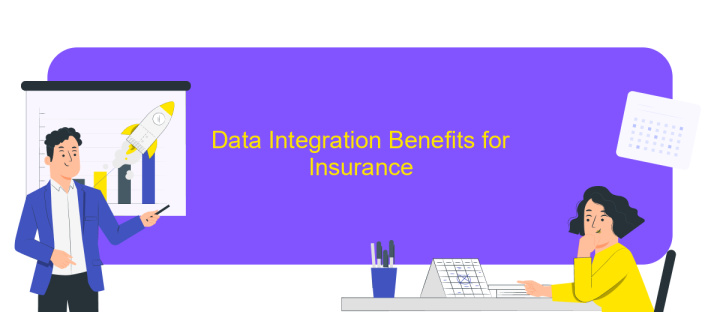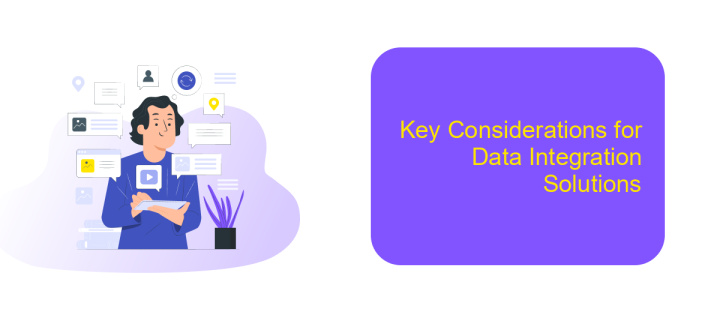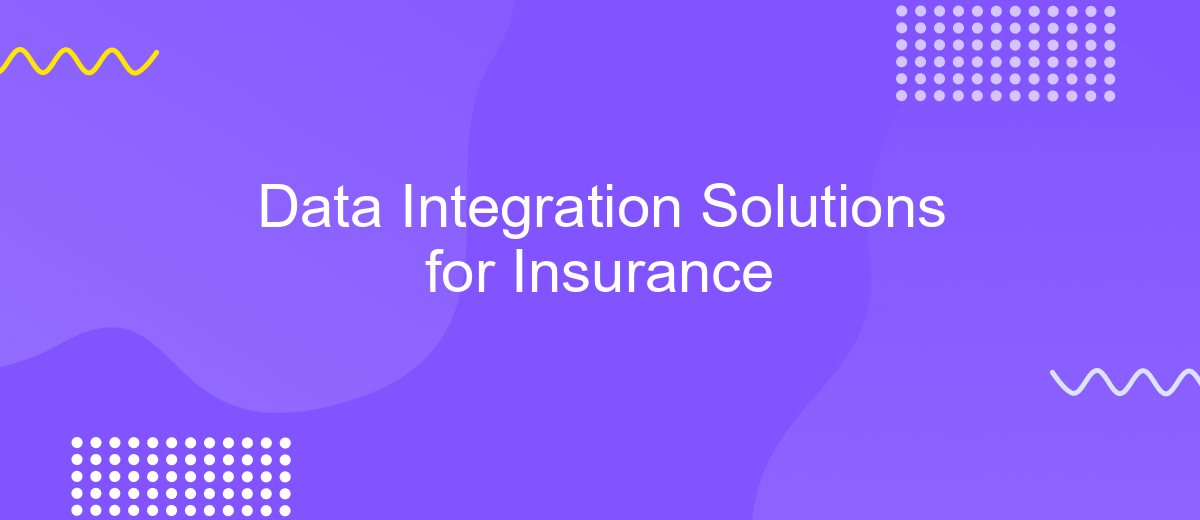Data Integration Solutions for Insurance
In the rapidly evolving insurance industry, effective data integration solutions are essential for optimizing operations, enhancing customer experiences, and maintaining regulatory compliance. By seamlessly merging disparate data sources, insurers can gain comprehensive insights, streamline workflows, and make informed decisions. This article explores the latest data integration technologies and strategies that are transforming the insurance landscape, driving efficiency, and fostering innovation.
Executive Summary
In the rapidly evolving insurance sector, data integration solutions have become essential for enhancing operational efficiency and customer satisfaction. By seamlessly consolidating data from various sources, these solutions enable insurers to make informed decisions, streamline processes, and offer personalized services.
- Improved data accuracy and consistency
- Enhanced customer insights and personalized offerings
- Streamlined claims processing and underwriting
- Regulatory compliance and risk management
- Cost reduction and operational efficiency
Insurance companies leveraging data integration solutions can stay competitive in an increasingly data-driven market. These technologies not only address current challenges but also pave the way for future innovations. By adopting robust data integration strategies, insurers can unlock new opportunities and deliver superior value to their customers.
Insurance Data Landscape

The insurance industry generates and processes vast amounts of data daily, encompassing customer information, policy details, claims records, and risk assessments. This data is often siloed across various systems, making it challenging to obtain a unified view. Effective data integration is crucial for insurers to streamline operations, enhance customer experiences, and make informed decisions. With the growing complexity of data sources, integrating these disparate systems becomes increasingly vital.
Modern data integration solutions, such as ApiX-Drive, offer robust tools to connect various data sources seamlessly. ApiX-Drive allows insurance companies to automate data flows between different platforms, reducing manual efforts and minimizing errors. By leveraging such services, insurers can ensure that their data is synchronized and up-to-date across all systems. This not only improves operational efficiency but also enables advanced analytics and better risk management, ultimately driving business growth and customer satisfaction.
Data Integration Benefits for Insurance

Data integration is a crucial component for the insurance industry, offering numerous advantages that streamline operations and enhance decision-making. By unifying disparate data sources, insurance companies can gain comprehensive insights, improve customer service, and optimize their business processes.
- Improved Data Accuracy: Integrating data from various sources reduces the risk of errors and inconsistencies, leading to more reliable information.
- Enhanced Customer Experience: A unified view of customer data allows for personalized services and quicker response times.
- Operational Efficiency: Automated data processes minimize manual tasks, saving time and reducing operational costs.
- Regulatory Compliance: Consistent and accurate data helps in meeting regulatory requirements more efficiently.
- Better Risk Management: Comprehensive data analysis aids in identifying potential risks and making informed decisions.
Incorporating data integration solutions enables insurance companies to stay competitive in a rapidly evolving market. By leveraging accurate and timely information, insurers can enhance their strategic planning, improve customer satisfaction, and achieve sustainable growth.
Key Considerations for Data Integration Solutions

When implementing data integration solutions in the insurance industry, it is crucial to consider several key factors to ensure the effectiveness and efficiency of the system. First, the solution must be scalable to handle the growing volume of data as the business expands. Additionally, it should be flexible enough to integrate with various data sources and legacy systems.
Another critical aspect is data security and compliance. Insurance companies handle sensitive customer information, making it essential to have robust security measures and adhere to regulatory standards. Ensuring data accuracy and consistency across different platforms is also vital for making informed business decisions.
- Scalability to accommodate data growth
- Flexibility for integrating diverse data sources
- Strong data security and compliance
- Maintaining data accuracy and consistency
Finally, user-friendliness of the data integration solution can significantly impact its adoption and effectiveness. A solution that is easy to use and provides comprehensive support and training will enable employees to leverage data more efficiently, leading to better decision-making and improved business outcomes.
Insurance Data Integration Solutions Overview
Insurance companies deal with vast amounts of data from various sources, including customer information, claim details, policy documents, and financial records. Effective data integration solutions are essential to ensure that this data is seamlessly consolidated, accessible, and actionable. These solutions help in minimizing errors, enhancing data quality, and providing a unified view of information, which is crucial for making informed business decisions.
One of the leading tools in this domain is ApiX-Drive, a service that simplifies the integration process by connecting various applications and automating data workflows. With ApiX-Drive, insurance companies can easily set up integrations without the need for extensive technical expertise. The platform supports a wide range of applications and allows for real-time data synchronization, ensuring that all systems are up-to-date. This not only improves operational efficiency but also enhances customer satisfaction by providing timely and accurate information.
FAQ
What is data integration in the context of insurance?
How can data integration improve customer experience in insurance?
What are the common challenges faced in data integration for insurance companies?
How can automation tools help in data integration for insurance?
What steps should be taken to ensure data security during integration?
Apix-Drive will help optimize business processes, save you from a lot of routine tasks and unnecessary costs for automation, attracting additional specialists. Try setting up a free test connection with ApiX-Drive and see for yourself. Now you have to think about where to invest the freed time and money!

